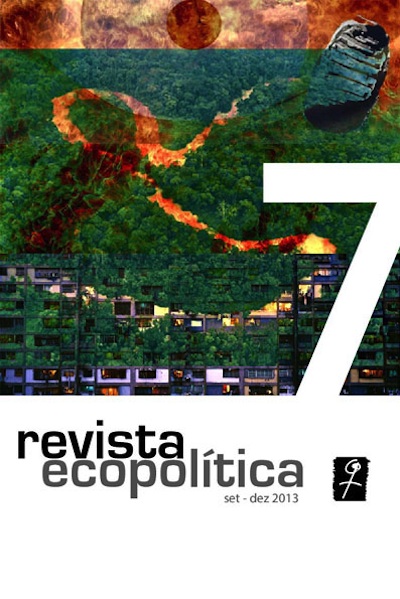Foucault e a coragem de tranformar radicalmente a existência
Resumo
Este artigo propõe estudar o GIP (Grupo de Informações sobre as Prisões) e a temática das estéticas da existência para mostrar a especificidade da militância de Michel Foucault. Por meio das noções de "intelectual específico" e de coragem da verdade, ele problematiza a figura do "intelectual universal" como o guia das massas, a relação entre teoria e prática, a partilha entre proletariado e lúmpen-proletariado, a noção de autocrítica, etc. O interesse de Foucault pelo mundo antigo e pela cultura gay também proporciona uma reflexão que escapa dos modos de produção das subjetividades modernas, pois não se baseia na produção do indivíduo disciplinado e na figura do sujeito político de direitos. Sendo assim, este trabalho defende que dentre o pensamento e a experiência de Foucault, emerge uma ética do intelectual comprometida com a recusa da individualização e da sujeição promovidas pelo Estado moderno e com a tarefa urgente de elaborar, em sua atualidade, uma ética que aposta na criação de novos modos de viver.
Palavras-chave: Foucault, liberdade, ética, prática intelectual.
Foucault and the courage to radically transform the existence
Abstract: This paper proposes to study the GIP (Information Group on Prisons) and the issue of aesthetics of existence to show the peculiarity of Foucaultís activism. Trough notions of ìspecific intellectualî and the courage of truth, he discusses the figure of the ìuniversal intellectualî as the guide of the masses, the relation between theory and practice, the distinction between proletariat and the lunpemproletariat, the notion of self-criticism, etc. Foucaultís interest in the ancient world and the gay culture also provides a reflection that escapes the modes of production of modern subjectivities, because it is not regulated by the production of disciplined individual and political figure of the subject of rights. Therefore, this paper argues that among Foucaultís thought and experience, it is seen the emergence of the ethics of the intellectual committed to the refusal of the individualization and subjection promoted by the modern State and who urgently aims at creating in his time ethics that invest in the creation of new ways to live.
Keywords: Foucault, freedom, ethics, intellectual practice.

